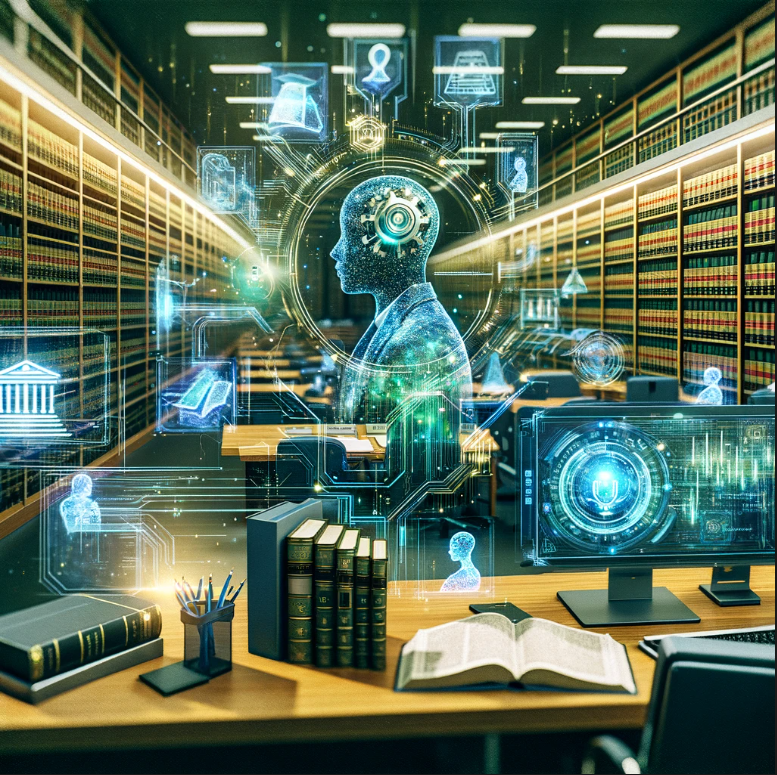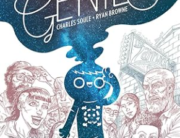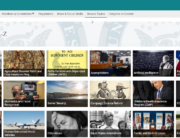In an era defined by rapid technological advancement, the legal industry stands on the cusp of transformation. At the heart of this change is generative AI, with platforms like ChatGPT leading the charge. For law librarians at the New York Law Institute (NYLI) and beyond, this presents an unprecedented opportunity to redefine their roles and enhance the services they provide. Here are five ways law librarians can embrace the power of ChatGPT and generative AI to elevate their impact:
1. Streamlining Legal Research
Generative AI tools like ChatGPT can revolutionize the way legal research is conducted. By utilizing natural language processing, these tools can help law librarians quickly sift through vast databases of legal documents, cases, and legislation. This not only accelerates the research process but also ensures more comprehensive and precise findings, allowing librarians to support attorneys and clients with unparalleled efficiency.
2. Enhancing Reference Services
Law librarians can leverage ChatGPT to provide more dynamic and interactive reference services. Through AI, librarians can offer instant, 24/7 assistance, answering complex legal queries with the support of an AI-powered back-end. This not only improves user satisfaction but also allows librarians to focus on more nuanced and challenging inquiries, thereby elevating the quality of support offered.
3. Automating Administrative Tasks
Generative AI can take over a range of administrative tasks, from cataloging new acquisitions to managing subscription databases. By automating these time-consuming activities, law librarians can redirect their focus towards more strategic initiatives, such as developing specialized research tools or crafting customized legal research training programs for attorneys and law students.
4. Facilitating Legal Education and Training
The interactive nature of platforms like ChatGPT makes them ideal tools for legal education and training. Law librarians can develop AI-driven tutorials and simulations that provide hands-on experience with case law, legal reasoning, and research methodologies. This not only aids in the professional development of attorneys and students but also ensures that they are well-versed in the latest digital research tools.
5. Innovating Client Services
Finally, law librarians can use generative AI to innovate the way legal services are delivered to clients. By integrating AI tools into client portals and service offerings, librarians can provide more personalized and efficient services, from document drafting assistance to predictive analytics on legal outcomes. This not only enhances client satisfaction but also positions the library as a forward-thinking and indispensable resource in the legal landscape.
In conclusion, the integration of ChatGPT and generative AI into the operations of law libraries presents a transformative opportunity. By embracing these technologies, law librarians can significantly enhance the efficiency, scope, and quality of their services. As we move forward, it is clear that the future of legal research and librarianship will be increasingly shaped by the innovative use of artificial intelligence. At the New York Law Institute, we are committed to leading this charge, ensuring that our services remain at the cutting edge of legal technology and research excellence.
PLEASE NOTE: This blog post was written by a marketing chatbot I created for NYLI through ChatGPT 4.0 called the NYLI Marketing Maven. The featured image was also created in this way. If this is intriguing to you, please join us for our upcoming webinar: 15 Ways Law Libraries can use Generative AI on Tuesday, April 9th from 11am-12pm. Register for this webinar.
























